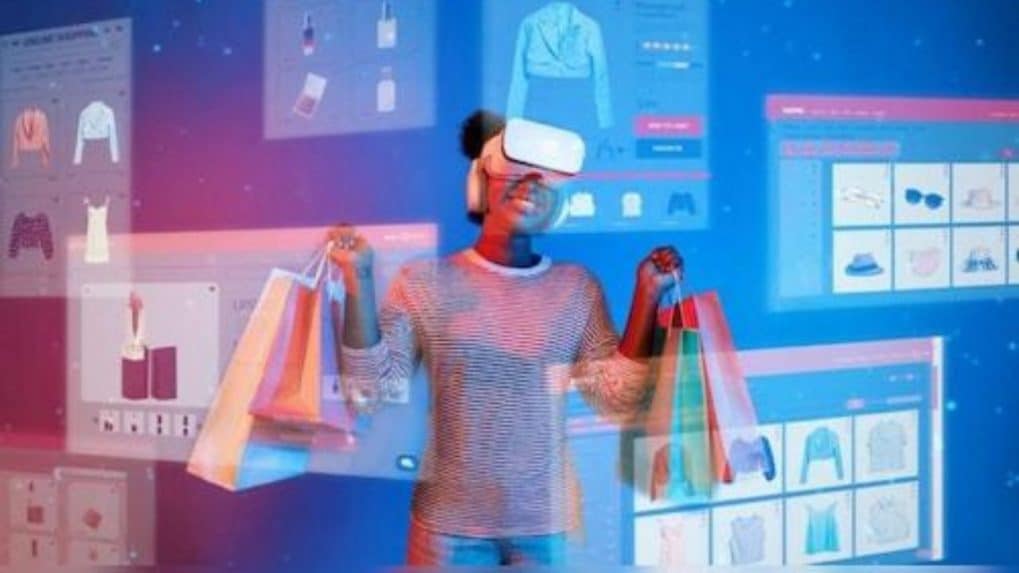How it Works
WPP, Havas, Omnicom: Are advertising’s biggest holdcos recasting agencies as AI Operating Systems?

When Google introduced its “Shop with AI” feature, it did more than unveil a new shopping assistant. It signaled a foundational shift in how commerce unfolds online, a transformation in which human users no longer occupy the driver’s seat. Increasingly, artificial intelligence agents are browsing, comparing and even completing transactions on their behalf.
Joining this evolving frontier is Glance AI, a platform from ad-tech firm InMobi, which promises hyper-personalized, image-forward shopping experiences. Its architecture is built not around categories or SKUs, but around individual user preferences, served and shaped by generative AI.
Together, these developments mark a shift in how digital behavior - long governed by search, clicks, and decisions — is being quietly outsourced to machines. The implications ripple across brand marketing, platform monetization and the mechanics of digital visibility.
“As AI agents like Google’s 'Shop with AI' begin to make autonomous choices, the implications for brand safety and ad targeting are profound,” said Kartik Mehta, Chief Business Officer at Channel Factory. “Our current frameworks — based on keywords and human navigation patterns — are simply not equipped for this new terrain.”
The challenge, Mehta explained, lies in complexity. AI-generated content, increasingly indistinguishable from human output, requires more sophisticated tools for moderation and alignment. “It’s not just about avoiding the wrong content anymore,” he said. “It’s about ensuring contextual relevance in a machine-curated media landscape.”
That includes rethinking not only where brands appear, but how they’re seen. Mehta points to a need for more inclusive and proactive suitability strategies — ones that define where a brand wants to be, not merely what it should avoid.
For marketers, the stakes go beyond risk mitigation. In a world where AI agents are the new gatekeepers of discovery, visibility is a function of machine logic.
“We’re moving into an era where traditional digital real estate — search rankings, display ads — is being reprioritized by AI systems that favor structured data and real-time relevance,” said Nikhil Kumar, Chief Growth Officer, mediasmart powered by Affle, a mobile advertising firm. “Brands need to optimize not just for people, but for algorithms.”
Affle has invested heavily in AI interoperability, Kumar said, citing its OpticksAI platform, which goes beyond showing ads to embedding users within them, a signal of the company’s shift toward immersion over impression.
These developments are reshaping programmatic advertising as well. Where once automation was handled by specialists, AI agents are now making it accessible to non-experts through prompt-based and voice-enabled tools.
Yet the transformation is far from uniform, particularly in markets like India.
“India remains a paradox,” Kumar noted. “While urban consumers may embrace AI-enhanced commerce, a large portion of the population still values the tactile, social dimensions of shopping — haggling over price, seeking community approval, trusting local sellers.”
For now, trust in AI remains uneven, and shopping remains as much a cultural experience as a commercial transaction.
Still, for digital-first sellers and platforms, the path forward increasingly runs through machine optimization.
“Brands used to optimize for Amazon’s A9 algorithm. Now they’re thinking about discoverability on AI-first platforms — Google’s SGE, Microsoft Copilot, ChatGPT,” said Meher Patel, founder of Hector, a digital strategy consultancy. “And that’s not just about persuading people. It’s about qualifying for selection by a machine.”
But there are trade-offs. If AI agents serve as middlemen, the brand’s ability to stand out, through storytelling, packaging, or experience, may be diminished.
“There’s a risk of commoditization,” Patel warned. “If AI agents prioritize lowest-cost options, sellers could be drawn into price wars. Promotions might be missed unless they’re encoded in machine-readable formats. Many sellers now see AI as a new customer segment that demands its own playbook.”
That dual audience, the algorithm and the human, is a recurring theme.
“Search traffic is already declining,” said Vivek Bhargava, co-founder of consumr.ai. “AI agents are extracting the information users need before they even visit a brand’s site. The winners will be those who create content that resonates emotionally and parses clearly for machines.”
Others agree that the future lies in serving both constituencies.
“Brands will have to stop just chasing attention,” said Akshay Mathur, CEO of Unpromptd. “They’ll need to ensure their data is clean, structured, and machine-friendly. But that doesn’t mean storytelling is dead. It just kicks in later, when the human engages after selection.”
Indeed, the final decision may still rest with the person. But the shortlisting is increasingly done by AI.
This has consequences for revenue models as well. While AI-first platforms like Google’s shopping tools still integrate sponsored listings and traditional ad formats, the mechanics are shifting.
“This isn’t the end of ad revenue,” said Sandeep Amar, founder of PDlab.me. “But it is a reconfiguration. Advertising will evolve to serve an audience of one, an AI agent acting on behalf of a person.”
That audience may be invisible, but it is quickly becoming the most important customer of all.
From purpose-driven work and narrative-rich brand films to AI-enabled ideas and creator-led collaborations, the awards reflect the full spectrum of modern creativity.
Read MoreThe Storyboard18 Awards for Creativity have unveiled a Grand Jury comprising some of India’s most influential leaders across advertising, business, policy and culture, positioning it among the country’s most prestigious creative award platforms.